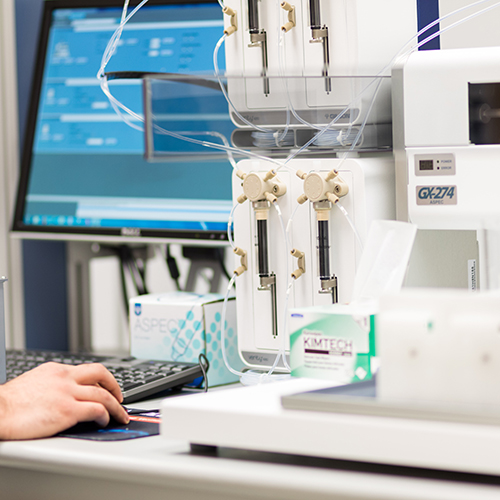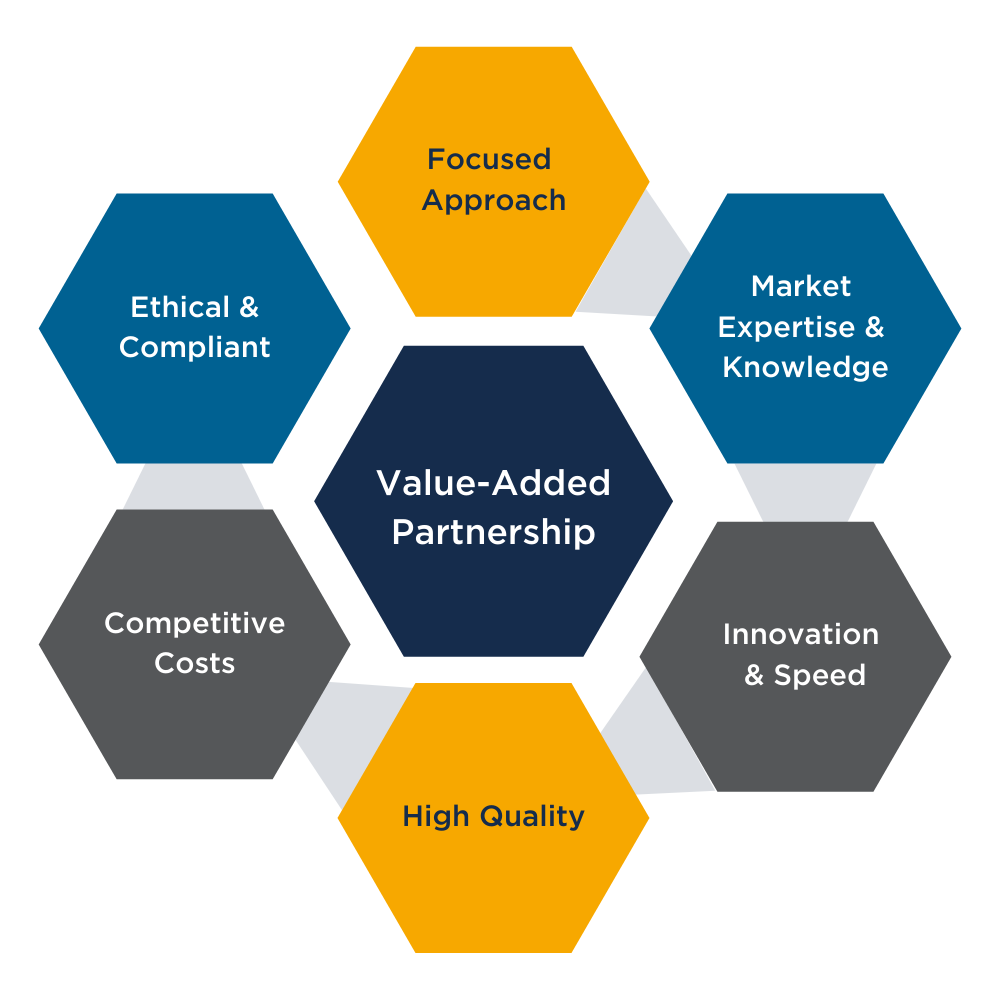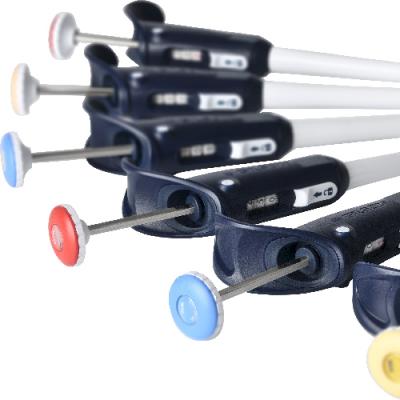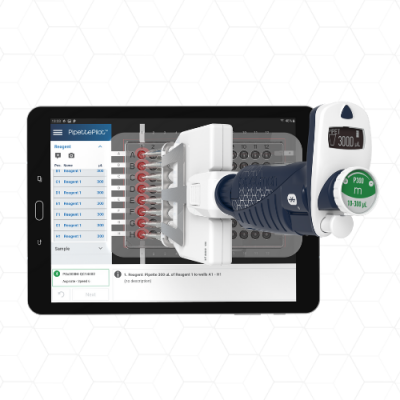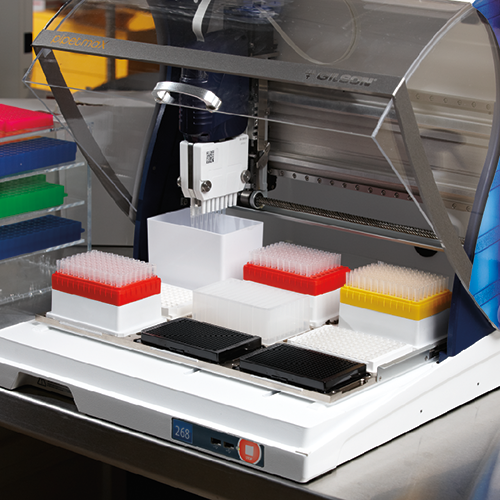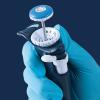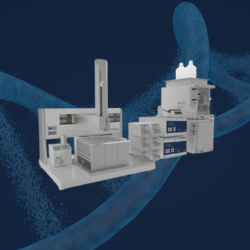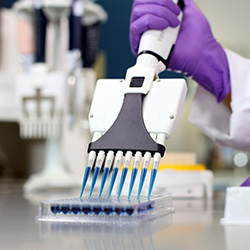While many customers deal with Gilson as an original equipment manufacturer (OEM), Gilson has recently developed an additional option to increase their brand awareness and sales revenue. Instead of purchasing equipment on an OEM basis, you can become a value-added partner and let Gilson handle the sales and support for you.
What is best for your company – continue obtaining equipment on an OEM basis, or establish a value-added partnership? There are benefits to both approaches.
Key Takeaways
- Value-added partnerships bring together two or more companies that work together to add more value to the end product
- In an OEM partnership, one company buys products from another for resale; in a value-added partnership, the two companies work together to create the final product
- Value-added partnerships help each partner focus on what they do best and result in a higher-quality product while reducing costs
What is a Value-Added Partnership?
A value-added partnership (VAP) occurs when two or more independent companies agree to work together to offer related goods and services to the end customer. It's not just about one company reselling another's products – it involves all parties adding value to what the others offer.
In a VAP, all parties have an interest in the others' success. One partner cannot succeed without the efforts and success of the others. In today's markets, VAPs are often enabled by technology. Partners establish computerized links between each other's systems for both communication and data sharing. Technology allows small partners to be as vital as larger ones.
As noted by the Harvard Business Review, VAPs give more market power to smaller companies. By working together, partnerships of smaller companies can more effectively compete with larger companies. Each partner in a VAP appears more prominent and is, in fact, stronger with the support of the others.
How Does a Value-Added Partnership Differ from an OEM Partnership?
A value-added partnership is similar to but considerably different from a relationship with an OEM. Many companies, such as Gilson, offer both OEM and value-added partnerships.
How an OEM Partnership Works
With an OEM arrangement, one company purchases products or services from another. Those products or services may then be resold directly or incorporated into the first company's products or services. An OEM partnership provides the second business with vital products and services – in the case of Gilson's OEM partners, liquid handling components, products, or complete systems. OEM partners can work closely together to develop products and services or operate purely as resellers of the other's products. OEM products can be sold under the original company's brand or rebranded by the reseller.
In an OEM partnership, the product is sold to customers by the reseller, not by the original manufacturer. Product support is also typically provided by the reseller, and they retain all the profits from the final sale. The reseller typically pays the original manufacturer when the original product is delivered, not when the final product is sold to the customer.
How Value-Added Partnerships are Different
A value-added partnership is similar to an OEM partnership in that the original manufacturer could provide products and services, which are then sold by the partner company or incorporated into the partner's products and services. Both companies work together to create the final product for the end customers. The manufacturer typically provides customer training and, in many cases, customer support.
In the case of Gilson's value-added partnership program, partners work with Gilson's technical team to automate their methods and validate their protocols on one of Gilson's liquid handling systems. Gilson then sells the customized system directly to the partner's customers, installs the system, and provides customer training and support for the hardware. Gilson's partner provides support for the application itself. By working with Gilson and sharing responsibilities, the partner company benefits from Gilson's technical expertise and worldwide support organization while increasing its kits and consumables revenues.
What Are the Benefits of a Value-Added Partnership?
There are multiple benefits to creating a value-added partnership. Reagent manufacturers, for example, benefit by partnering with Gilson to offer a full-fledged automated assay method to their customers without having to invest in their own sales or hardware support.
There are other potential benefits, as noted in the following illustration.
Focused Approach
A value-added partnership lets each partner focus on what it does best. Each individual company contributes just one part of the value-added chain and can direct all aspects of its operation to that single task. Each company gets to do what it does best without diverting focus into other areas that are now the responsibility of other partners.
Market Expertise and Knowledge
Each partner contributes their own expertise and knowledge to the relationship. The partnership is built on the strengths of each company and is stronger together than any one company would be separate. (As an example, Microsoft estimated that the value of its complete partner ecosystem was nine times that of its own sales.)
Innovation and Speed
Because each partner is working on only part of the project, different tasks can take place in parallel, speeding up the entire process. Since much of the decision-making is localized to each partner, key decisions are made quickly. In addition, creative ideas are more likely to flow to the top, helping all partners innovate in terms of product and process.
High Quality
With each partner focusing on the aspects of the project they do best, higher-quality results are assured. No one company is expected to perform tasks in which they have little experience, and all involved can rely on their partners to provide the high quality for which they are known. The result is a higher-quality product than any partner could have produced on their own.
Competitive Costs
By working together, value-added partners can obtain economies of scale that they couldn't individually. They can share purchasing, warehousing, technology platforms, and even research and development, which helps reduce all of their costs.
Assured Compliance
Finally, by relying on the individual expertise of each partner, compliance with industry and government regulations is assured. Each partner knows the requirements in their area of expertise, so nothing drops between the cracks.
Build a Relationship that Last with Gilson
Gilson has been manufacturing sample management and purification solutions for the global life sciences industry for decades. We've developed a number of innovative products over the years, including the legendary PIPETMAN®, the first continuously adjustable-volume pipette. We offer both OEM and value-added partnerships that help our partners benefit from our extensive expertise and experience. Whether you are an OEM or a value-added partner, we want to build and support a relationship that is as strong and reliable as our products.
Contact us today to learn more about building a relationship with Gilson.

















